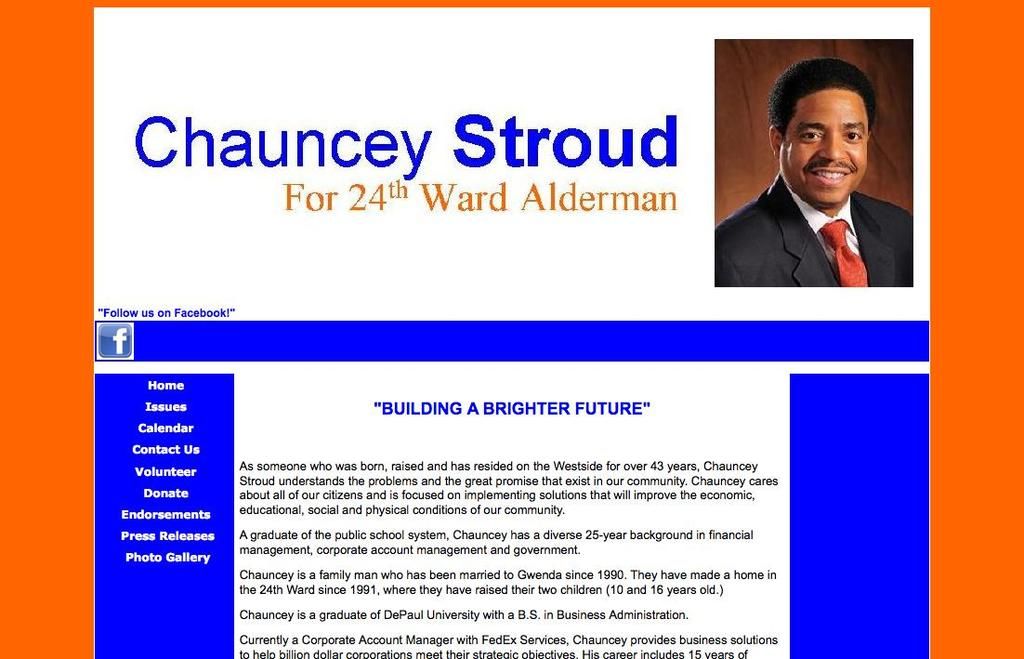Montreal residents voice opposition to proposed border security legislation Bill C-2
Vocal Montrealsers Rally Against Contentious Bill C-2
Montreal erupted with voices on Sunday as demonstrators amassed to denounce federal Bill C-2, a controversial bill intended to bolster border security.
The bill, a hot button issue amongst numerous organizations, includes immigration reforms that have sparked apprehension.
Approximately 80 protesters gathered in front of the Immigration and Refugee Board of Canada's downtown offices for a rally organized by Solidarity Across Borders. The crowd chanted phrases such as "Status for all" and "Solidarity with refugees."
Speaking at the event, Solidarity Across Borders activist Mary Foster, expressed her concerns about the bill. "Bill C-2 came as a shock to us," she said. "Just a few years ago, the Liberal Party had promised a mass regularization program. Instead, we now face a bill that will adversely impact the circumstances of undocumented individuals in Canada and those with precarious status."
Foster believes the bill aimed at ensuring border security would not guarantee the safety of communities. "It will make it even more challenging to cross the borders safely and healthily. We will witness more people dying at the borders," she stated.
Foster also voiced her disapproval of the bill, which she claims portrays refugees and immigrants as a threat to Canadians. "We are all human beings, we are all equal, we are all meant to have the right to freedom of movement, liberty, and security," she proclaimed.
In lieu of Bill C-2, Solidarity Across Borders calls for a comprehensive program to legalize immigrants' status. The organization also advocates for granting permanent residence to immigrant workers as soon as they are accepted into Canada, according to Foster.
Federal Public Safety Minister Gary Anandasangaree tabled the bill, which carries a section dedicated to immigration, last Tuesday.
The bill incorporates provisions that would enable the government, "if it deems it to be in the public interest," to "revoke or modify permanent or temporary resident visas, work permits, study permits, temporary resident permits, electronic travel authorizations, permanent resident cards or any other immigration document."
If the bill is passed, asylum applications filed more than a year after a potential refugee has entered Canada will be deemed inadmissible for referral to the Immigration and Refugee Board of Canada, which is typically responsible for assessing such applications. The same applies to asylum claims made 14 days after a person illegally entered Canada through land.
This bill comes during a period of relentless pressure from U.S. President Donald Trump on Ottawa to take decisive action to halt the flow of immigrants heading south.
This report by The Canadian Press was first published in French on June 8, 2025.
Coralie Laplante, The Canadian Press
- With information from Émilie Bergeron in Ottawa
Insight: What's All the Fuss About Bill C-2?
Federal Bill C-2, also known as the Strong Borders Act, has sparked a wave of controversy over proposed modifications to Canada’s immigration and border security frameworks.
Key Provisions and Agendas
- Tightened Asylum Timeframes: The bill introduces strict deadlines for asylum applications. Foreign nationals must file their applications within one year of entering Canada, while those crossing irregularly (outside approved entry points) must do so within 14 days or be deemed ineligible[2][1].
- Expanded Ministerial Powers: The legislation gives the immigration minister increased powers, including the authority to revoke, suspend, or modify immigration documents and to stop processing applications during emergencies like a pandemic[1][5].
- Faster Removal Orders: The bill aims to expedite departures by making removal orders effective the same day an asylum claim is retracted[1].
- Combating Organized Crime and Illicit Substances: The bill seeks to bolster law enforcement capabilities to tackle organized crime and stem the flow of illicit fentanyl[2].
Controversies and Criticisms
- Human Rights Challenges: Human rights organizations, such as Amnesty International Canada, warn that Bill C-2 undermines the rights of asylum seekers. They fear the legislation would make it "almost impossible" for many individuals - particularly those who have been in Canada for over a year or who cross the border unofficially - to seek refugee protection, effectively denying them a fair assessment of their claims[3].
- Unfair Denials: Critics argue that individuals fleeing persecution or torture could face unfair denials of protection if they miss strict filing deadlines or cross borders unofficially[3].
- Power Overreach: There are concerns about the expansion of ministerial and executive powers, particularly the ability to revoke immigration documents and halt application processing without clear safeguards or guaranteed refunds for affected applicants. Critics contend this could leave vulnerable individuals without recourse[5].
- Impact on Canada’s International Reputation: Advocacy groups caution that reducing protections for asylum seekers could damage Canada’s standing as a global leader in human rights and refugee protection[3].
Government Defense
The federal government and Immigration Minister Lena Metlege Diab defend the bill as essential to manage growing migration pressures, improve system efficiency, and ensure the safety and sovereignty of Canada. The minister characterizes the new powers as precautions for "exceptional circumstances" and underlines the need for a system that benefits applicants as well as Canadians[1][5].
The divisive Bill C-2 is backed by supporters who emphasize border security and system efficiency, while opponents raised concerns about serious human rights and procedural justice implications[1][3][5].
The ongoing protests against Bill C-2 in Montreal raise concerns about the potential impact of the bill on health and travel for immigrants and refugees, as well as its implications for general news and politics.
Critics fear that the bill, which includes stricter asylum timeframes and increased ministerial powers, will lead to unfair denials of protection for individuals fleeing persecution or torture, risking harm to their health and well-being during their travels.
Additionally, the bill's more restrictive immigration policies may contribute to a broader political discussion about Canada's commitment to welcoming immigrants and refugees, as well as its position within global policy-and-legislation regarding immigration and border security.








